In an unexpected statement, issued on July 16, 2018, the Federal Communications Commission (FCC or Commission) Chairman Ajit Pai derailed the Sinclair Broadcasting Group’s (Sinclair) plan to acquire Tribune Media Company (Tribune).
Two days later, FCC Commissioners voted unanimously to adopt a Hearing Designation Order (HDO) to that effect. It acknowledged that significant questions as to whether Sinclair's divestitures were in fact “sham” transactions loom. Various stakeholders contend that they were designed to circumvent local and national television ownership rules, raising sufficient doubt as to whether the proposed merger could be in the public’s interest. Validating those claims, the Commission cites “a potential element of misrepresentation or lack of candor” as a material issue for administrative review.
The HDO defines a misrepresentation as a false statement of fact made with the intent to deceive the Commission. Lack of candor refers to a concealment, evasion, or other failure to be fully informative, accompanied by an intent to deceive the Commission. As stated in the Order:
Since May 2017, advocates, lawmakers, and industry experts have maintained a constant drumbeat of opposition because the harms associated with the Sinclair-Tribune merger would be far-reaching and irreversible. In a Petition to Deny, NHMC, Common Cause, and UCC OC, Inc. explained why the merger would increase consumer prices in addition to undermining the FCC’s commitment to localism and diversity. Soon thereafter, Sinclair attempted to dismiss concerns raised by various stakeholders, prompting NHMC, Common Cause, and UCC OC, Inc. to file a rebuttal which reiterated enumerable claims that Sinclair’s divestiture plan is a sham. Various iterations of the proposal have continued to fail the public interest standard.
Additionally, on July 12, 2018, NHMC joined Free Press and other allies in a petition delivery including signatures from over 6000,000 people from across the country united in opposition.
Sinclair may withdraw its proposal before administrative review. Either Sinclair or Tribune can terminate the agreement if it is not completed by August 8, 2018. In any event, advocates are pleased that the FCC is listening to the public outcry and applaud the Commission's efforts to stand up for consumers.
“Based on a thorough review of the record, I have serious concerns about the Sinclair/Tribune transaction. The evidence we’ve received suggests that certain station divestitures that have been proposed to the FCC would allow Sinclair to control those stations in practice, even if not in name, in violation of the law. When the FCC confronts disputed issues like these, the Communications Act does not allow it to approve a transaction. Instead, the law requires the FCC to designate the transaction for a hearing in order to get to the bottom of those disputed issues. For these reasons, I have shared with my colleagues a draft order that would designate issues involving certain proposed divestitures for a hearing in front of an administrative law judge.”
“We note that Sinclair represented to the Commission that it would comply with our broadcast ownership rules by seeking approval of its application—in part based on the proposed divestitures to Cunningham and Fader—and did not fully disclose facts such as the pre-existing business relationships between Fader, Smith, and Sinclair nor the full entanglements between Cunningham, Smith, and Sinclair.”
